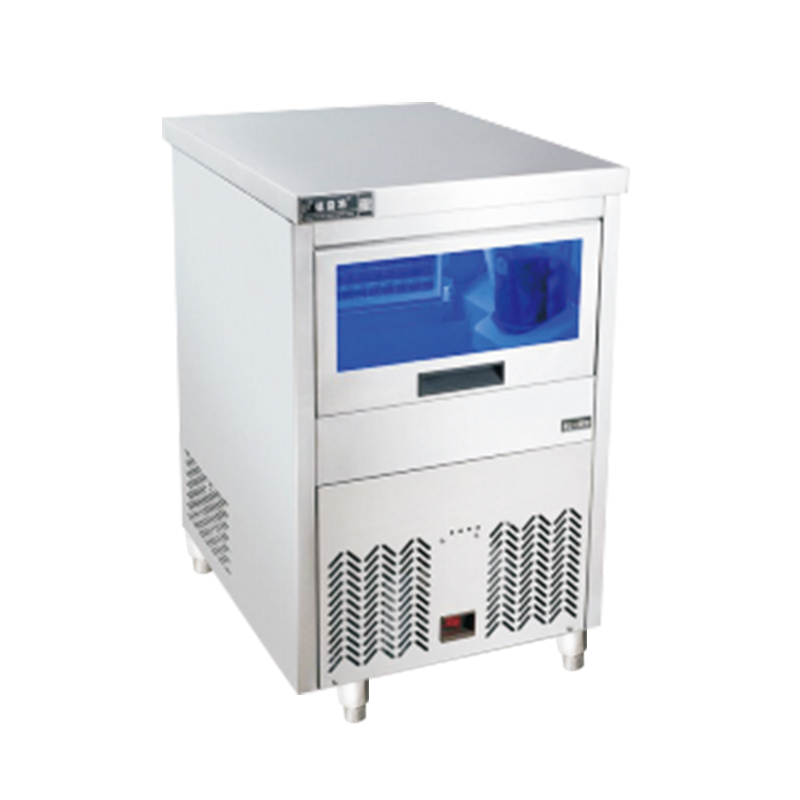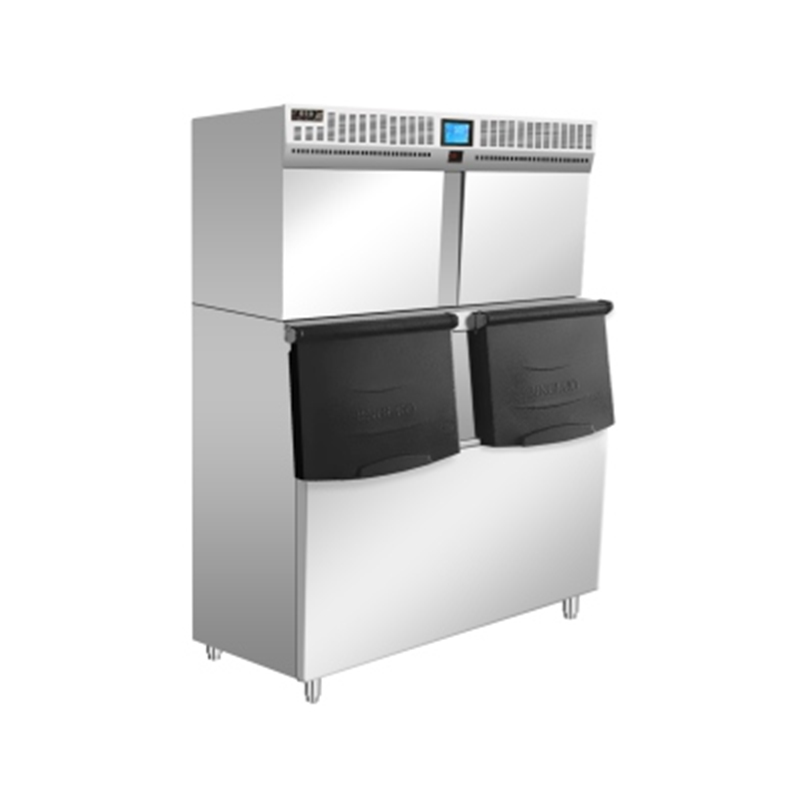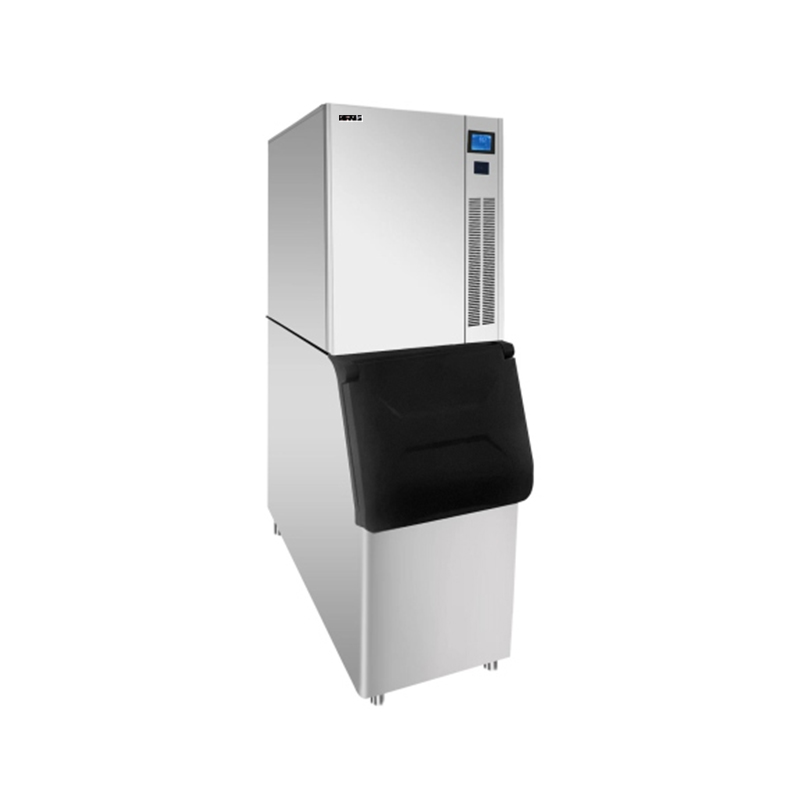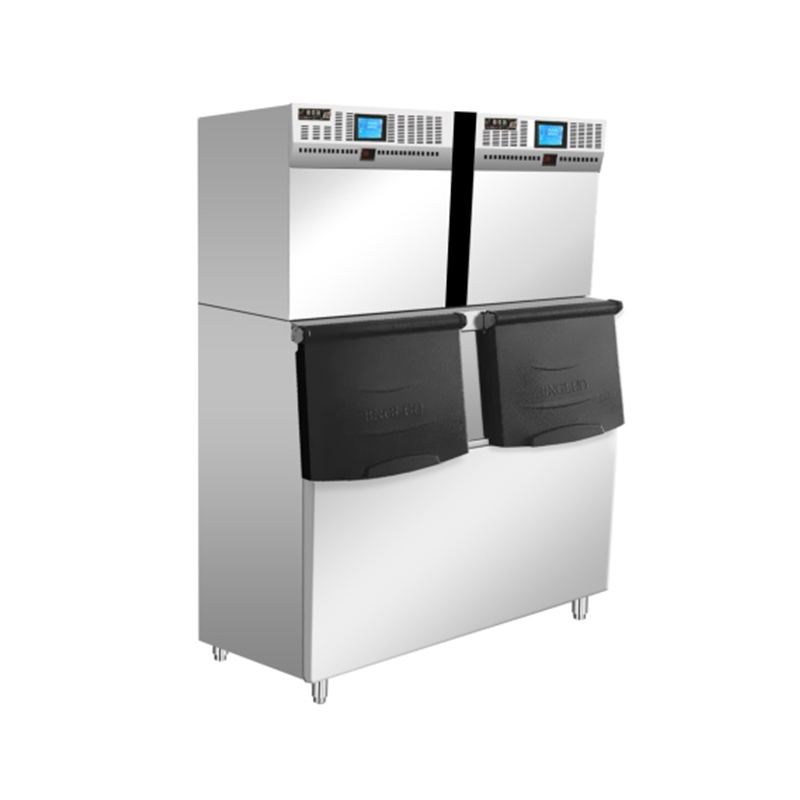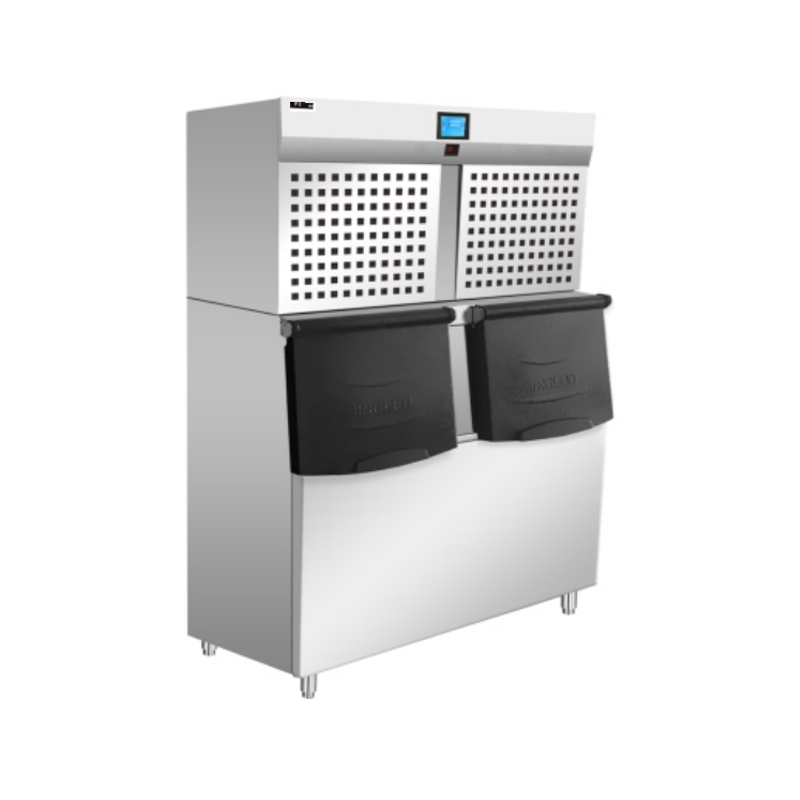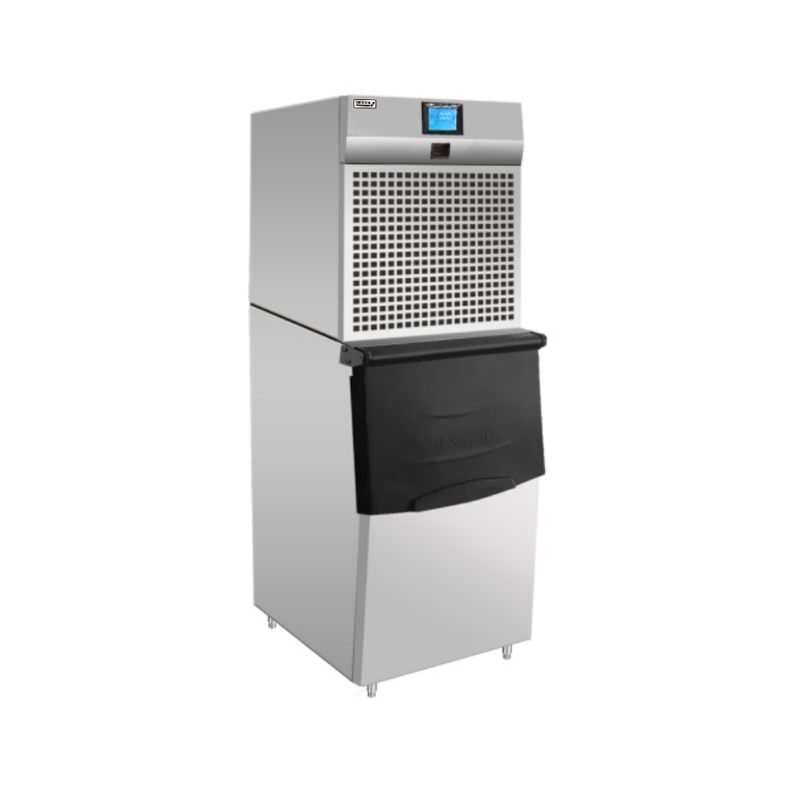2025-06-20
What is a Commercial Refrigerator?
A commercial refrigerator is a refrigeration appliance specifically engineered for use in professional and industrial environments. Unlike domestic fridges designed for occasional use and smaller quantities, commercial refrigerators are built for high performance, durability, and constant use in busy settings such as restaurants, bakeries, supermarkets, hotels, and cafeterias.
Key Characteristics:
High Capacity and Efficiency
Commercial refrigerators offer significantly larger storage space compared to household units. They are capable of storing large quantities of food, beverages, or ingredients while maintaining consistent temperatures to ensure freshness and safety.
Powerful Cooling Systems
These units are equipped with strong compressors and fans that ensure rapid and uniform cooling, even when doors are opened frequently. This is critical in a fast-paced food service environment where temperature stability is essential.
Durable Construction
Most commercial refrigerators are made from stainless steel, both inside and out, to withstand heavy daily usage and frequent cleaning. They are resistant to corrosion and wear, which helps them maintain hygiene standards over time.
Advanced Temperature Controls
They usually come with digital thermostats or programmable controls for precise temperature regulation. This is vital for maintaining food at safe storage temperatures, often between 1°C and 4°C (34°F to 39°F) for refrigerators.
Types of Commercial Refrigerators
Reach-in Refrigerators: Tall units with one or more doors, ideal for kitchens.
Undercounter Refrigerators: Compact and placed beneath work surfaces to save space.
Display Refrigerators: Often used in stores, they have glass doors to showcase products to customers.
Walk-in Coolers: Large enclosed spaces used for bulk storage of perishable goods.
Prep Table Refrigerators: Combine storage with food preparation surfaces—popular in pizzerias and sandwich shops.
Compliance and Safety
Commercial refrigeration units must comply with food safety regulations and certifications, such as NSF, UL, and CE, depending on the region. They also meet energy efficiency standards to reduce operating costs.
Applications:
Restaurants & Cafés: Store ingredients like vegetables, meats, sauces, and dairy.
Supermarkets & Grocery Stores: Display refrigerated products such as milk, beverages, and ready-to-eat meals.
Hotels & Catering: Store large volumes of food for banquets and daily service.
Laboratories & Pharmaceuticals: Maintain temperature-sensitive items such as medicines, vaccines, or chemicals.
In summary, commercial refrigerators are essential equipment for any business that requires safe and reliable cold storage. Their robust performance, hygiene features, and high capacity make them a cornerstone of the food and hospitality industries.
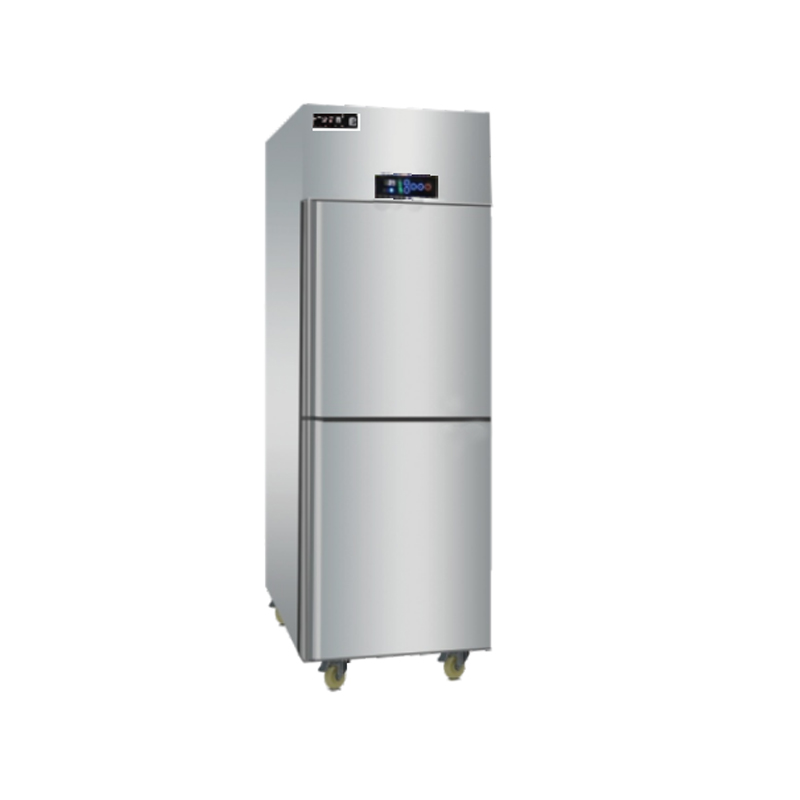

 English
English русский
русский Español
Español عربى
عربى